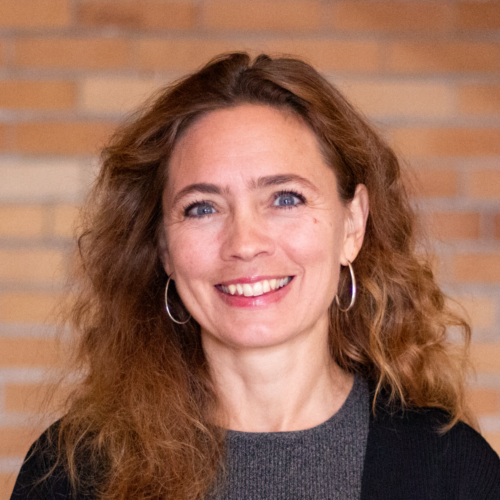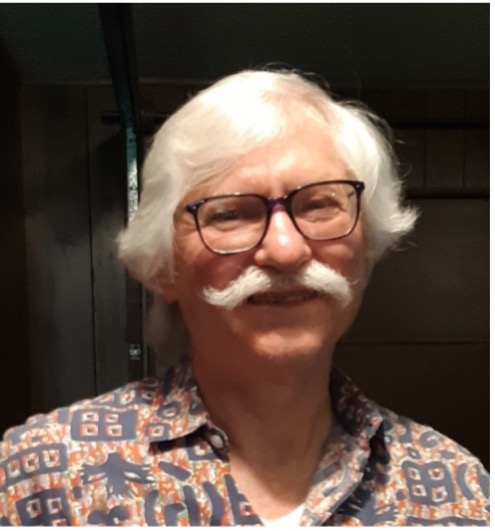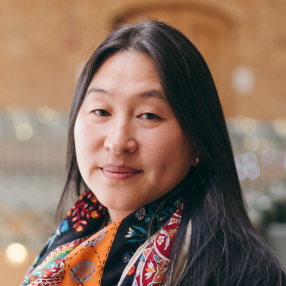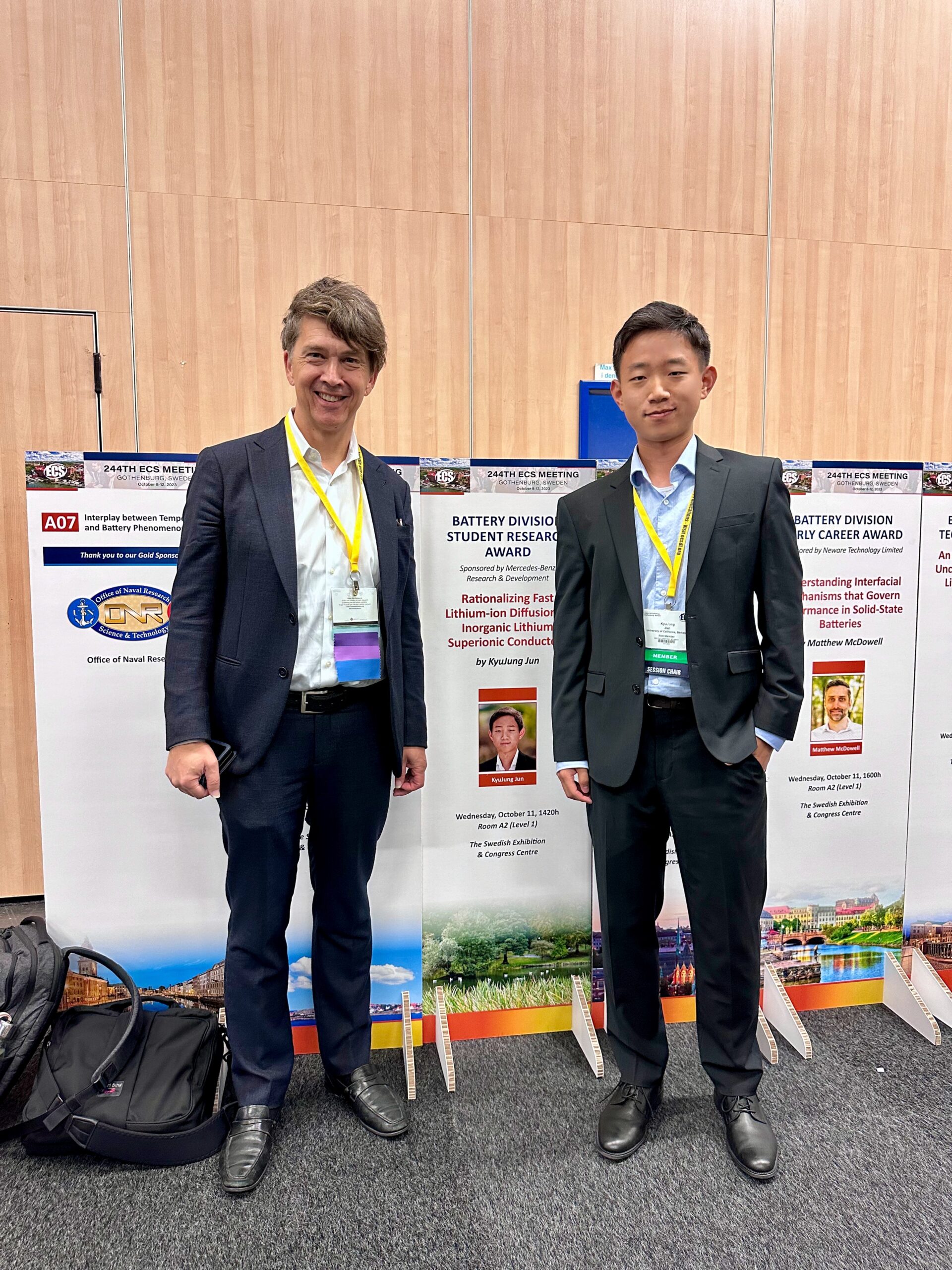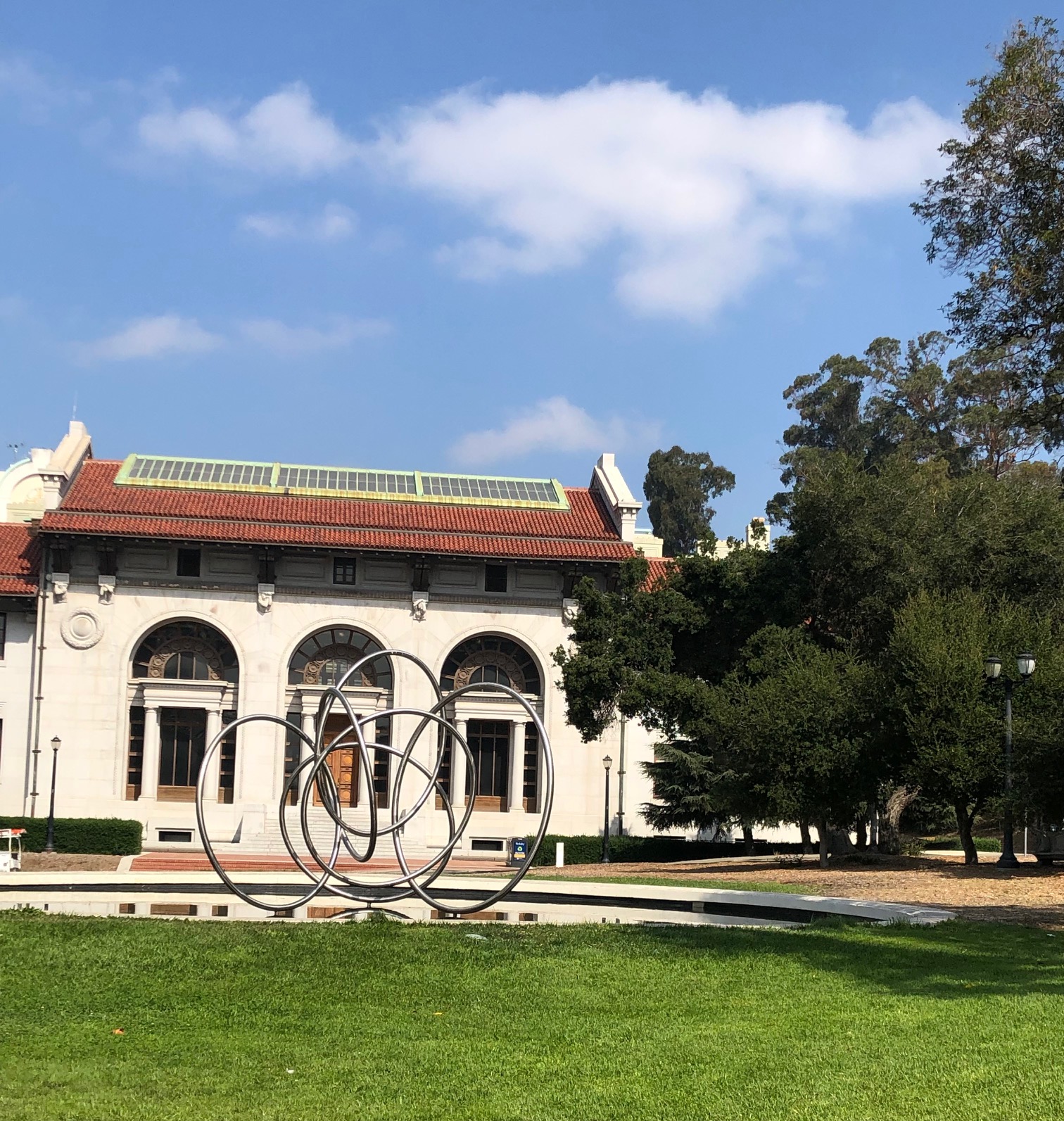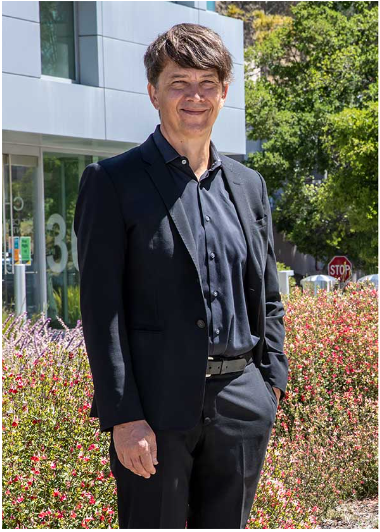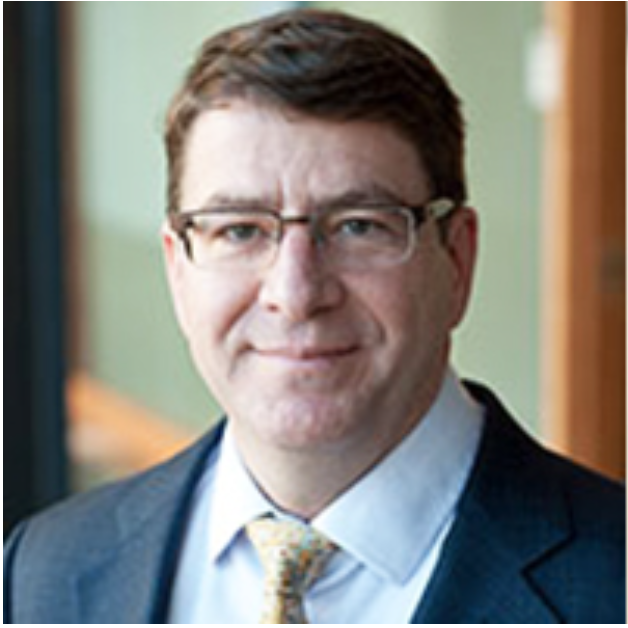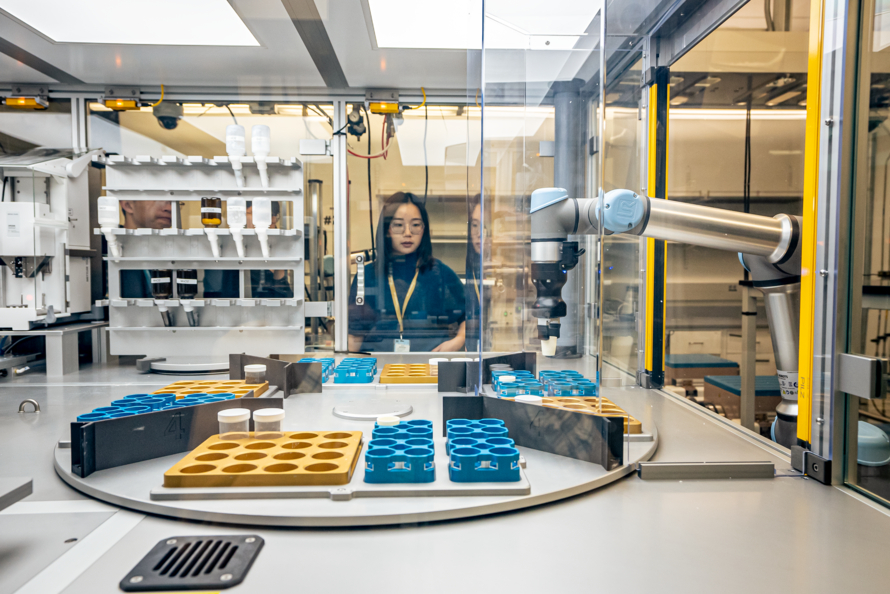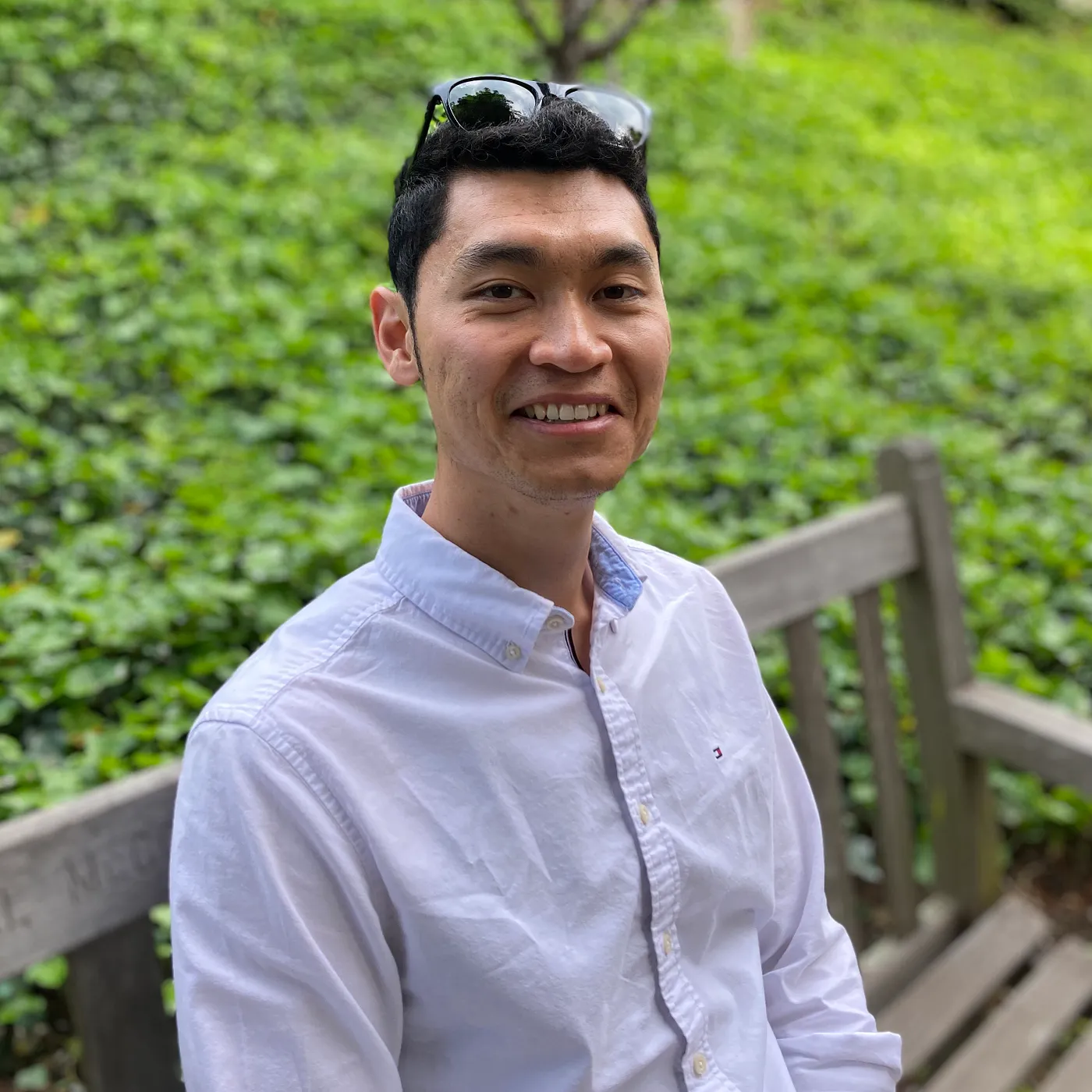Search results for: Breaking News Live Updates cleantalkorg2.ru Read Breaking News Today bbc news Politics bbc news world Finance bbc news
Kristin Persson, UC Berkeley MSE Professor, Inducted into Royal Swedish Academy of Sciences
Kristin Persson, Daniel M. Tellep Distinguished Professor in Materials Science and Engineering at UC Berkeley and a senior faculty scientist at Lawrence Berkeley National Laboratory, has been elected as a foreign member of the Royal Swedish Academy of Sciences in its 2024 Class for Chemistry! The Royal Swedish Academy of Sciences, founded 1739, was created…
Read MoreDr. James Gebhardt, alumnus of MSE, is named to the National Academy of Engineering (NAE) in 2024!
Jim Gebhardt graduated with a B.S. in Metallurgical Engineering from South Dakota School of Mines and Technology and MS and Ph.D. degrees in Minerals Engineering from the University of California, Berkeley. He then joined the U. S. Bureau of Mines at Avondale, MD, and moved to the Bureau’s Salt Lake City Research Center when…
Read MoreScaling Up Nano for Sustainable Manufacturing by Prof. Ting Xu
A research team led by Prof. Ting Xu has developed a high-performance coating material that self-assembles from 2D nanosheets and could significantly extend the shelf life of electronics, energy storage devices, health & safety products, and more. The nanomaterial breakthrough is also recyclable and could enable a sustainable manufacturing approach that keeps single-use packaging and…
Read MoreKyuJung Jun is honored with the ECS Battery Division Graduate Student Award.
Our warmest congratulations go out to KyuJung Jun (from Professor Ceder’s group), who received the electrochemical society ECS Battery Division Graduate Student Award for 2023, for his work on “Rationalizing Fast Lithium-ion Diffusion in Inorganic Lithium Superionic Conductors”. You can read the full article here: https://www.electrochem.org/244/division-awards/
Read MoreMSE Now Ranks No.2 Nationally in Both Undergraduate and Graduate Programs!
Our undergraduate program of MSE is ranked No.2 nationally by the most recent (2024) US News and World Reports! With the most recent (2023) national ranking of our graduate program, MSE is now ranked No. 2 in both undergraduate and graduate programs!
Read MoreBerkeley MSE student Bowen Deng’s (from Professor Ceder’s group) paper just made the cover of Nature Machine Intelligence!
In this paper he and the co-authors develop CHargeNet, which is a universal machine-learned potential to model materials much faster than with typical first-principles methods. The need to quickly discover new materials and to understand their underlying physics in the presence of complex electron interactions calls for advanced simulation tools. Deng et al. propose…
Read MoreMSE’s Prof. Gerbrand Ceder co-leads a new consortium in LBNL to make batteries for electric vehicles more sustainable!
Photo by: Marilyn Sargent/Berkeley Lab You can read the full article here: https://newscenter.lbl.gov/2023/09/11/new-consortium-to-make-ev-batteries-more-sustainable/?utm_source=LBNL&utm_campaign=384b666ef3-EMAIL_CAMPAIGN_2023_09_11_03_36&utm_medium=email&utm_term=0_-384b666ef3-%5BLIST_EMAIL_ID%5D
Read MoreThe Bakar Fellows program selects Professor Phillip Messersmith’s project for Sparks Award
The Bakar Fellows program selects Professor Phillip Messersmith’s project, “Gel Protection During Tumor Ablation” for Spark Awards. You can find the full story here: https://news.berkeley.edu/2023/08/31/Bakar-Fellows-program-selects-seven-projects-for-Spark-Awards?utm_source=Berkeleyan&utm_campaign=877452a58e-berkeleyan_COPY_01&utm_medium=email&utm_term=0_99ee3800d7-877452a58e-388726349
Read MoreMeet the Autonomous Lab of the Future By Lauren Biron April 17, 2023
Berkeley Lab researcher Yan Zeng looks over the starting point at A-Lab. The new lab combines automation and artificial intelligence to speed up materials science discovery. (Credit: Marilyn Sargent/Berkeley Lab) MSE’s Prof. Ceder’s automated lab, A-Lab, is featured at LBNL news: Robots operate instruments and artificial intelligence makes decisions to find useful new materials at the…
Read MoreQ&A with Johnny Ma, MEng ’23 (MSE) On joining the MEng program after working in industry and his interests in sustainable energy
Johnny Ma, MEng ’23 (MSE), is currently pursuing an MEng in Materials Science & Engineering. He is a student leader for the Sustainable Energy Affinity group. Prior to UC Berkeley, Johnny earned a BS in Chemistry from UC Davis and worked professionally in battery engineering for 4 years at Quantumscape. Here, he shares insight into his…
Read More
